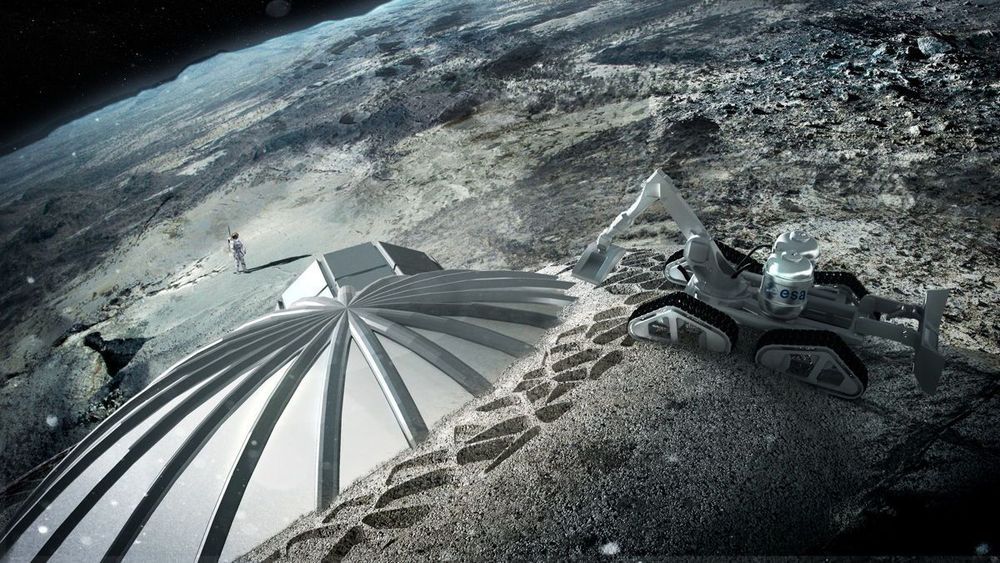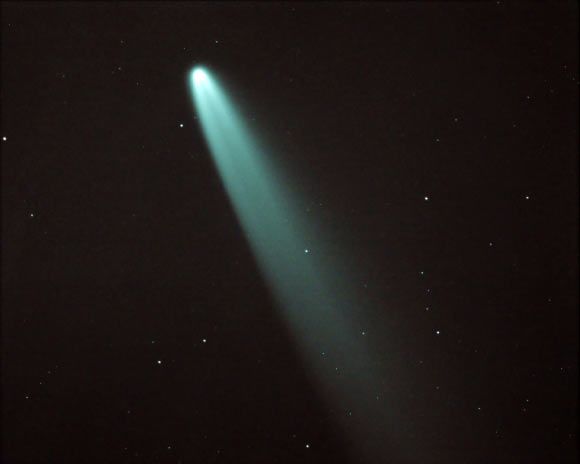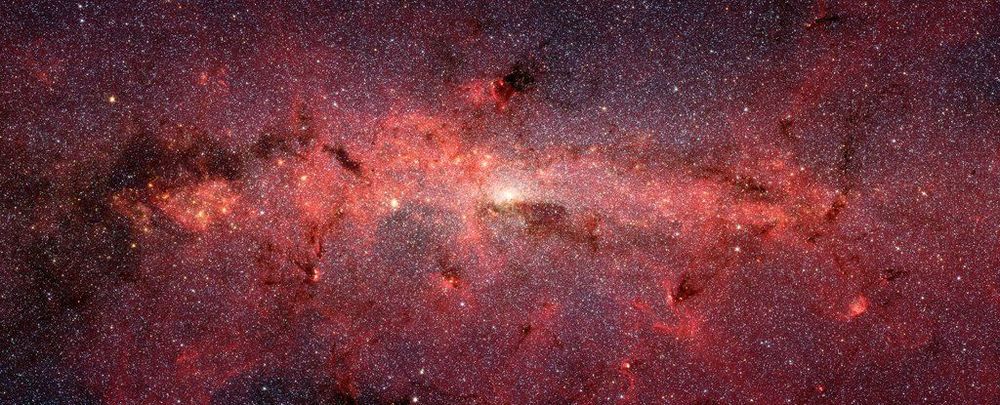NASA’s most advanced Mars rover, Perseverance, will launch from Earth on 30 July on a mission to seek out signs of ancient microbial life on what was once a river delta three-and-a-half billion years ago.
NASA’s next rover to the Red Planet is slated to launch no earlier than July 30. These highlights will get you up to speed on the ambitious mission.
In less than a month, NASA expects to launch the Mars 2020 Perseverance mission from Cape Canaveral, Florida. Loaded with scientific instruments, advanced computational capabilities for landing, and other new systems, the Perseverance rover is the largest, heaviest, most sophisticated vehicle NASA has ever sent to the Red Planet.
“Perseverance sets a new bar for our ambitions at Mars,” said Lori Glaze, planetary science director at NASA Headquarters in Washington. “We will get closer than ever before to answering some of science’s longest-standing questions about the Red Planet, including whether life ever arose there.”





